Sometimes crisis forces us to be inventive. This semester, the pandemic and hybrid teaching provided some unique opportunities for the faculty in Spanish to deepen international collaborative learning methods. Spanish faculty have been at the forefront of the AJCU/AUSJAL collaboration in Dual Immersion, partnering students in the U.S. learning Spanish with students in Latin America learning English.
This semester, we continued our partnership for Dual Immersion with the IberoAmerican Jesuit University of Puebla, Mexico. We expanded our collaborations to modify how we do tertulias, informal extra-curricular conversation practice. Normally, tertulias are done with exchange students on campus from Spanish speaking countries. Given the pandemic, we have moved this virtually, running them with the assistance of our CEEP students in a new partnership with the UCC Universidad Católica de Córdoba/The Catholic University of Córdoba in Argentina. Students throughout the Spanish curriculum participate in the tertulias, one of the many unique offerings at Canisius benefitting from our international Jesuit network.
Additional silver linings include the ability to apply ZOOM and WhatsApp to invite guest lectures to SPA 324 Conversation to talk on topics such as “Women’s Rights in Mexico,” with a feminist organizer in Puebla, “LGBTQ Rights in Mexico,” with a founding member of the first pride parade in Puebla, “Muxe” with a trans muxe organizer from Oaxaca/CDMX, “Women and Children in Migration” with scholars in Córdoba and Puebla, Mexico. Through complicated combinations of technology, we have had guest lectures from Havana participate in SPA 456 Cuban Cinema of the Revolution. Three generations of black Cuban women talked about race, identity and gender in the Revolution and two gay men talked about race and sexuality in Cuba, with a student Q&A. Students have conducted video interviews with immigrants from the U.S. to Latin America or from Latin America to the U.S.
Finally, Borders & Migrations has been able to host a series of four events this semester in virtual format, including an award-winning Latinx filmmaker and trans actress (“The Garden Left Behind”), a documentary and panel on LGBTQ migration (“Unsettled”), Covid & Migration, and Mexican Perspectives on Migration (these last two are forthcoming). The Borders & Migrations Initiative also crafted a virtual version of the Immigration Simulation, which has been quite successful (in collaboration with KBI) and has adapted service learning, accompanying migrant detainees at the Federal Detention Center in Batavia, with Justice for Migrant Families to redesign the process of accompaniment through a PenPal, video chat and Phone Bank program.
While these are challenging times to teach, it has also proven an opportunity for innovation that will last beyond the current crisis.
Submitted by: Richard D. Reitsma, PhD, chair, associate professor of Spanish, department of Modern Languages, Literatures and Cultures






